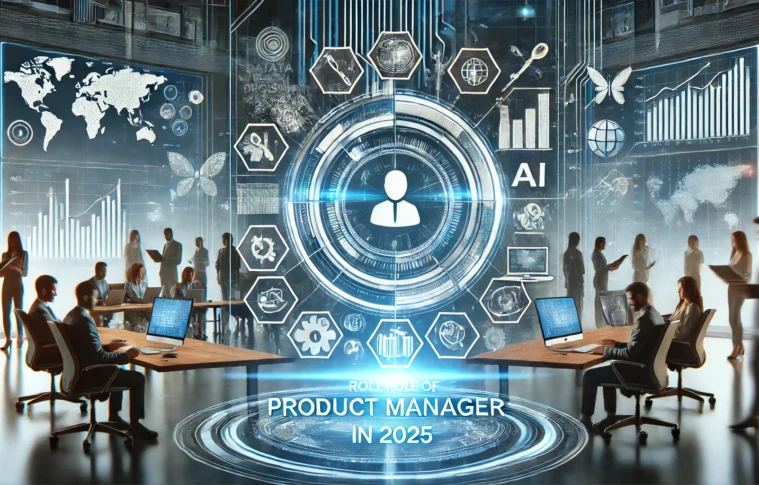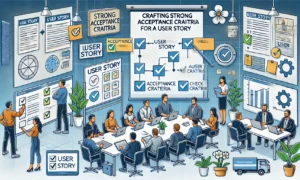The role of a Product Manager (PM) is constantly evolving, adapting to new technologies, market dynamics, and customer expectations. By 2025, the role of a PM will be even more critical, requiring a blend of strategic vision, technical acumen, and customer-centric thinking. This article explores the key roles and responsibilities of a Product Manager and highlights how the position will transform in 2025.
Core Roles and Responsibilities of a Product Manager
At its essence, a Product Manager acts as the bridge between customers, business goals, and the development team. Their primary responsibilities include:
- Defining Product Vision and Strategy
- Crafting a compelling vision that aligns with the company’s mission.
- Setting a roadmap to deliver value to both users and stakeholders.
- Understanding Customer Needs
- Conducting user research, interviews, and surveys to identify pain points.
- Translating customer feedback into actionable product features.
- Prioritizing Product Backlog
- Using frameworks like MoSCoW, RICE, or Kano to prioritize features.
- Balancing short-term wins with long-term goals.
- Collaboration with Cross-Functional Teams
- Acting as the liaison between engineering, design, marketing, and sales teams.
- Ensuring clear communication and alignment across departments.
- Tracking and Analyzing Product Performance
- Defining key performance indicators (KPIs) to measure success.
- Analyzing data to guide future iterations and strategy.
- Managing the Product Lifecycle
- Overseeing a product’s journey from ideation to launch, and beyond.
- Driving innovation while addressing technical debt and market changes.
Emerging Trends Shaping Product Management in 2025
As we approach 2025, the role of the Product Manager will expand to encompass new responsibilities driven by technological advancements and shifting business landscapes.
1. AI-Powered Decision-Making
With AI tools becoming integral to businesses, PMs will rely on advanced analytics to predict customer behavior, optimize workflows, and refine product strategies. Understanding AI’s capabilities and limitations will be essential.
2. Sustainability-Focused Product Design
Sustainability will no longer be optional. PMs will need to ensure their products align with environmental goals, from energy-efficient software to sustainable hardware materials.
3. Remote-First Collaboration
As remote and hybrid work environments persist, PMs must master digital collaboration tools and foster strong team dynamics across geographies and time zones.
4. Ethical Product Management
In a world increasingly concerned with data privacy and ethical AI, PMs will play a crucial role in ensuring products adhere to ethical standards, balancing innovation with responsibility.
5. Hyper-Personalized Experiences
Customers in 2025 will demand products tailored to their specific needs. PMs will focus on creating hyper-personalized user experiences using data-driven insights.
6. Collaboration with Diverse Stakeholders
As businesses expand globally, PMs will need to collaborate with diverse stakeholders, considering cultural nuances and local market demands.
Key Skills for Product Managers in 2025
To thrive in this dynamic role, PMs will need a diverse skill set:
- Technical Fluency: Understanding AI, machine learning, and cloud technologies.
- Strategic Thinking: Crafting future-proof product strategies amidst uncertainty.
- Customer Empathy: Staying deeply attuned to user needs and behaviors.
- Agile Mindset: Adapting quickly to market shifts and technological advancements.
- Data Literacy: Making informed decisions based on robust data analysis.
- Strong Communication: Ensuring clarity across teams and stakeholders.
Conclusion: The Future of Product Management
By 2025, Product Managers will be at the forefront of innovation, driving products that shape industries and improve lives. Their roles will demand a delicate balance of strategy, empathy, and technical know-how, coupled with a commitment to ethical and sustainable practices.
As the challenges and opportunities of this dynamic role continue to grow, PMs who embrace continuous learning and adaptability will be well-positioned to lead their teams and products to success in the ever-evolving digital landscape.



